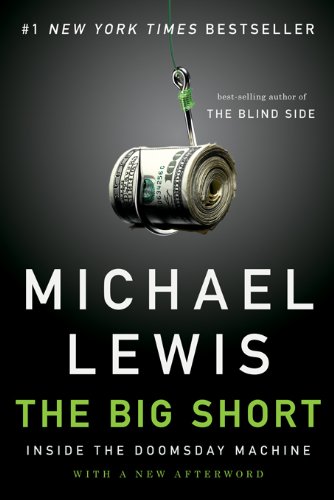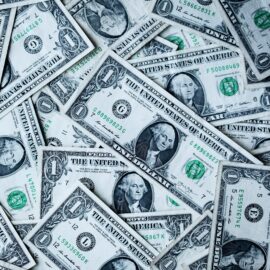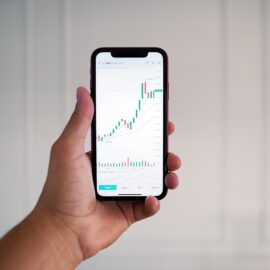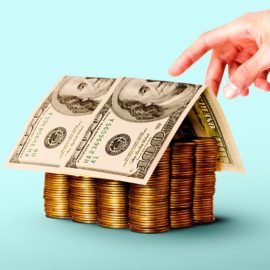

This article is an excerpt from the Shortform summary of "The Big Short" by Michael Lewis. Shortform has the world's best summaries of books you should be reading.
Like this article? Sign up for a free trial here .
Who were the founders of Cornwall Capital? How did the company manage to turn $110,000 into millions?
Cornwall Capital Management was literally started out of a backyard shed in Berkeley, California. Its founders Charley Ledley and Jamie May started it on just $110,000 in a Schwab account, but they had another advantage up their sleeve.
Here goes the story of how Charley Ledley and Jamie May started Cornwall Capital.
The Humble Beginnings of Cornwall Capital Management
Starting their fledgling money management fund, Cornwall Capital, Jamie Mai and Charley Ledley were the sort of bit players that couldn’t even get a phone call returned at Goldman or Merrill. They were scrappers, a “garage band hedge fund.”
But they had a theory about financial markets that proved to be all too prescient—and that would give them a powerful advantage as the subprime market spun itself into a more and more complex web. Their insight was that investors only understood their own particular slice of the market, whether it was Japanese government bonds or European mid-cap healthcare debt. Everyone was looking at the small picture, the micro.
Cornwall’s strategy was to go macro and look at the big picture. With information so unevenly distributed, there had to be pricing mistakes—assets that were priced for far more or far less than they were actually worth, simply because investors didn’t understand what they were actually buying and selling. And that inefficient pricing mechanism could mean big money for the investors who did understand and bought at the right time.
Cornwall’s first test of this theory was with Capital One, a credit card company specializing in issuing credit cards to Americans with poor credit scores. In the early 2000s, their stock had tanked amid fears that they had insufficient capital reserved as collateral to cover the risky credit cards they’d issued. The company soon got into a regulatory dispute with the federal government. The market smelled fraud and investors fled in droves. Despite this, Capital One wasn’t posting unusual losses. Upon speaking with a mid-level corporate manager at Capital One (the only person who would return their phone call), Ledley and Mai discovered that he was buying stock in his own company—not the behavior they’d expect to see from officers at a company engaged in fraud. They determined that Capital One was more or less a sound company, the regulatory dispute was trivial, and that the market was irrationally penalizing them.
For Cornwall, the stock was clearly underpriced at $30-per-share. The best way to profit off this was not to buy the stock itself, but to buy the right to buy the stock at a fixed price for a defined period of time. And the options to buy Capital One stock at $40 for the next 2.5 years cost just over $3 each. It was another asymmetrical bet. If the company really was fraudulent, the stock would be worth nothing and your losses would be capped at $3-per-share of options that you’d bought. But if the company resolved its regulatory issues, the stock would likely jump to $60—double its current price and over 33% more than what you would pay per share once you exercised your options. It was a no-brainer. Cornwall bought $26,000 in Capital One options. When the stock rose, that position was worth $526,000. It was a strategy based upon exploiting the false confidence of other players in the market. They even came up with a name for it: “event-driven investing.”
———End of Preview———

Like what you just read? Read the rest of the world's best summary of "The Big Short" at Shortform . Learn the book's critical concepts in 20 minutes or less .
Here's what you'll find in our full The Big Short summary :
- How the world's biggest banks contributed to the 2008 financial crisis, greedily and stupidly
- How a group of contrarian traders foresaw the bubble popping, and made millions from their bets
- What we learned from the 2008 crisis - if anything






